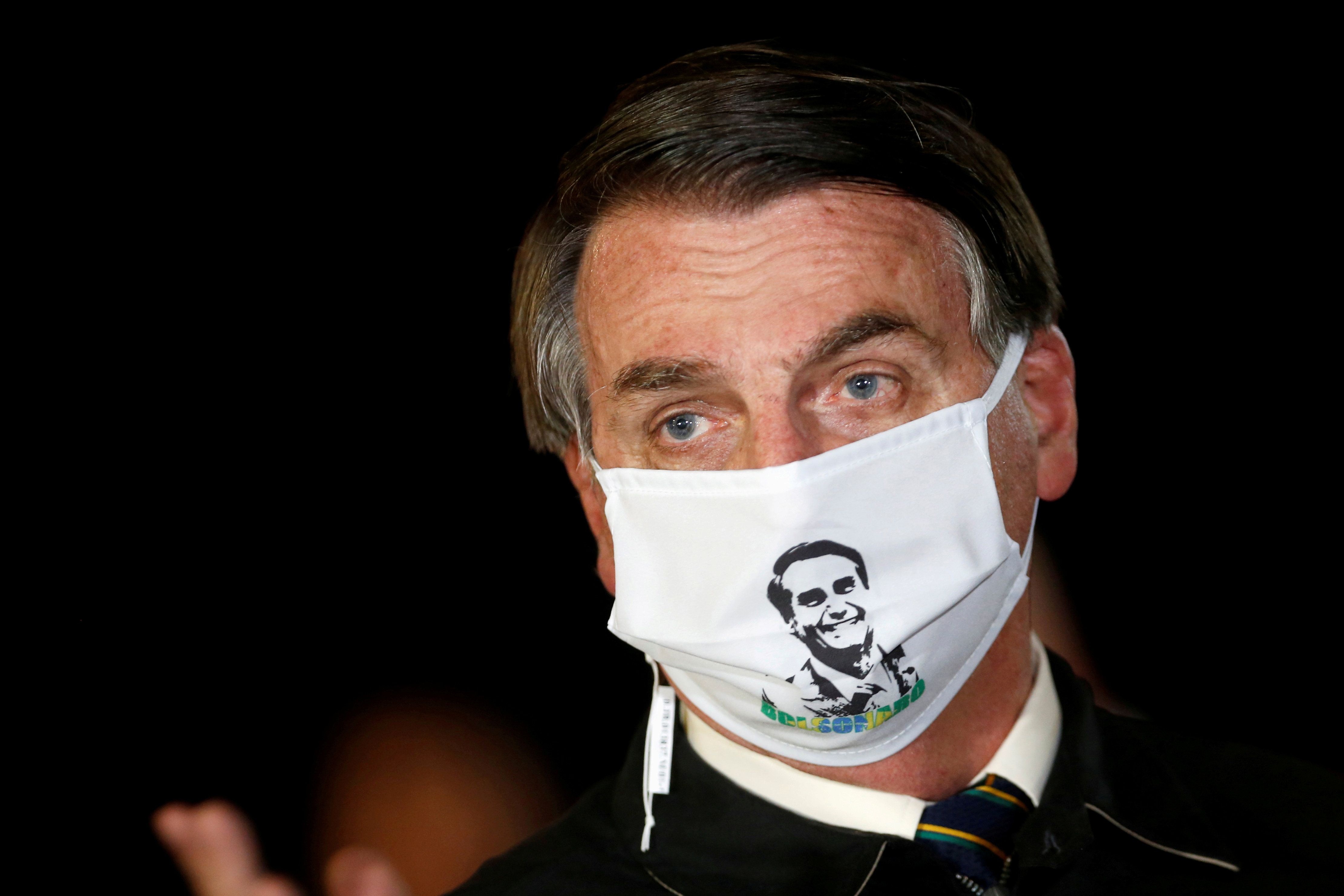Brazilian president Jair Bolsonaro tested positive for the coronavirus on Tuesday. To understand what that means for the country's politics and public health policy, GZERO sat down with Christopher Garman, top Brazil expert at our parent company, Eurasia Group. The exchange has been lightly edited for clarity and concision.
Brazil has been one of the countries hardest hit by the pandemic, in part because President Jair Bolsonaro has systematically downplayed the seriousness of the disease. Now that he has it, do you expect any change in his government's public health approach?
Garman: Very unlikely. The president has made his bed over the past four months, trying to downplay the severity of the pandemic, arguing it is a "small flu" and not wearing facemasks in public. If his symptoms are not severe, and he has a clean bill of health in 10 to 14 days, he is likely to use that as justification for the idea that Brazil can "live with the virus."
If he is hospitalized that narrative will be harder to defend, but he is still unlikely to change his approach — politically, he has already gone too far down the path of defending his strategy to have a meaningful turnabout.
Why is the issue of coronavirus so politically polarizing in Brazil?
Bolsonaro was already a highly polarizing president, Covid-19 just exacerbated that rift tremendously — the question of how to manage the pandemic itself became a point of political division between those who support or oppose the president.
If Bolsonaro is incapacitated, or worse, who would take over?
The Vice President Hamilton Mourão would assume office in case the president is incapacitated or passes away.
Tell us a little bit about Hamilton Mourão. Who is he and what kind of president would he be? Any concerns about his military background?
Mourão is a general and, as such, there would be some discomfort in Congress with a military man assuming the presidency. But it would be quite manageable. In fact, the relationship between the executive branch with Congress, the courts and the media would probably improve.
Mourão has proven to be quite a moderate voice in the administration, and would look to work with Congress and the courts. And the top brass of the military, including Mourão, has been very aligned with the (reformist) economic policies endorsed by Minister of Economy Paulo Guedes, both when it comes to fiscal responsibility and even their agenda to privatize state owned enterprises. The military brass is pretty far removed from the military of the 1970s who promoted a very interventionist economic policy under military rule.
If Bolsonaro recovers swiftly, how might that play politically?
It certainly would reinforce his talking points that the country can live with the virus and that one shouldn't shut down the country because of it.
